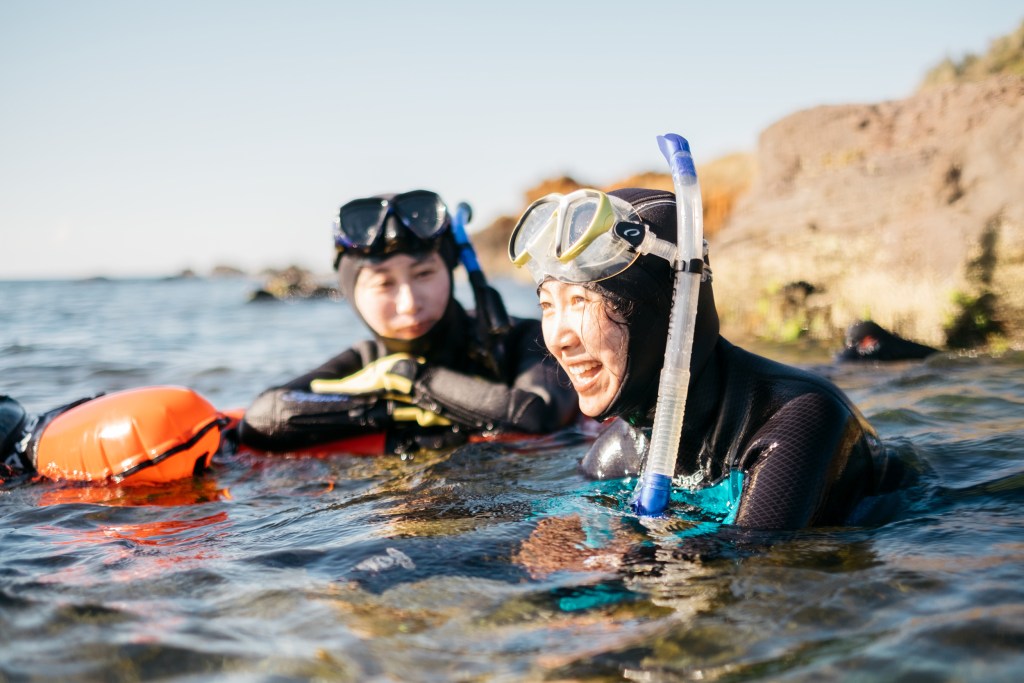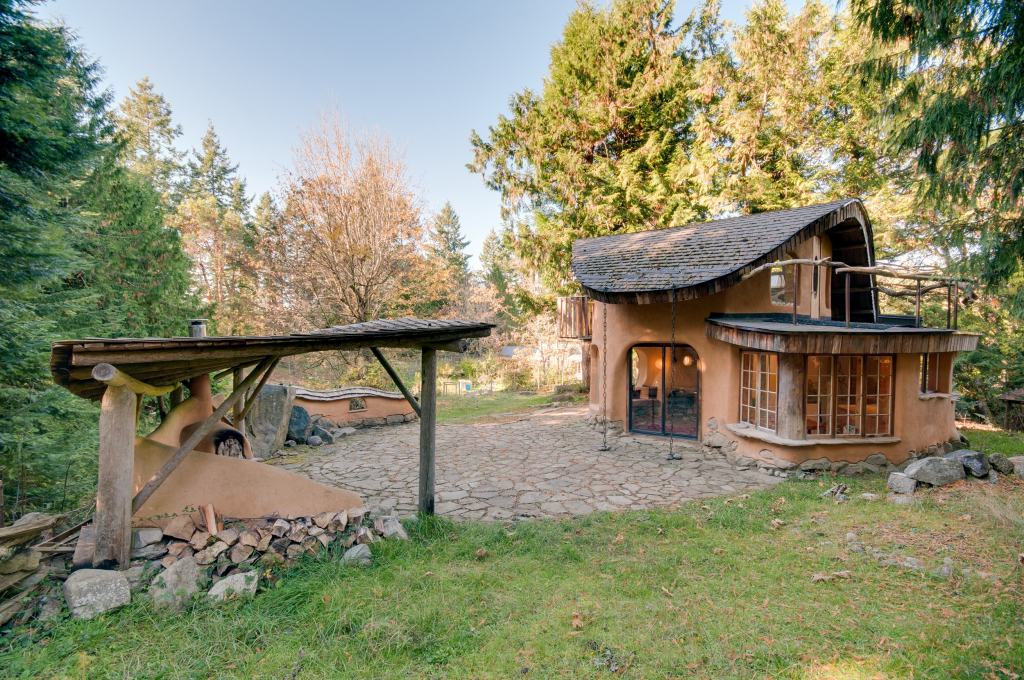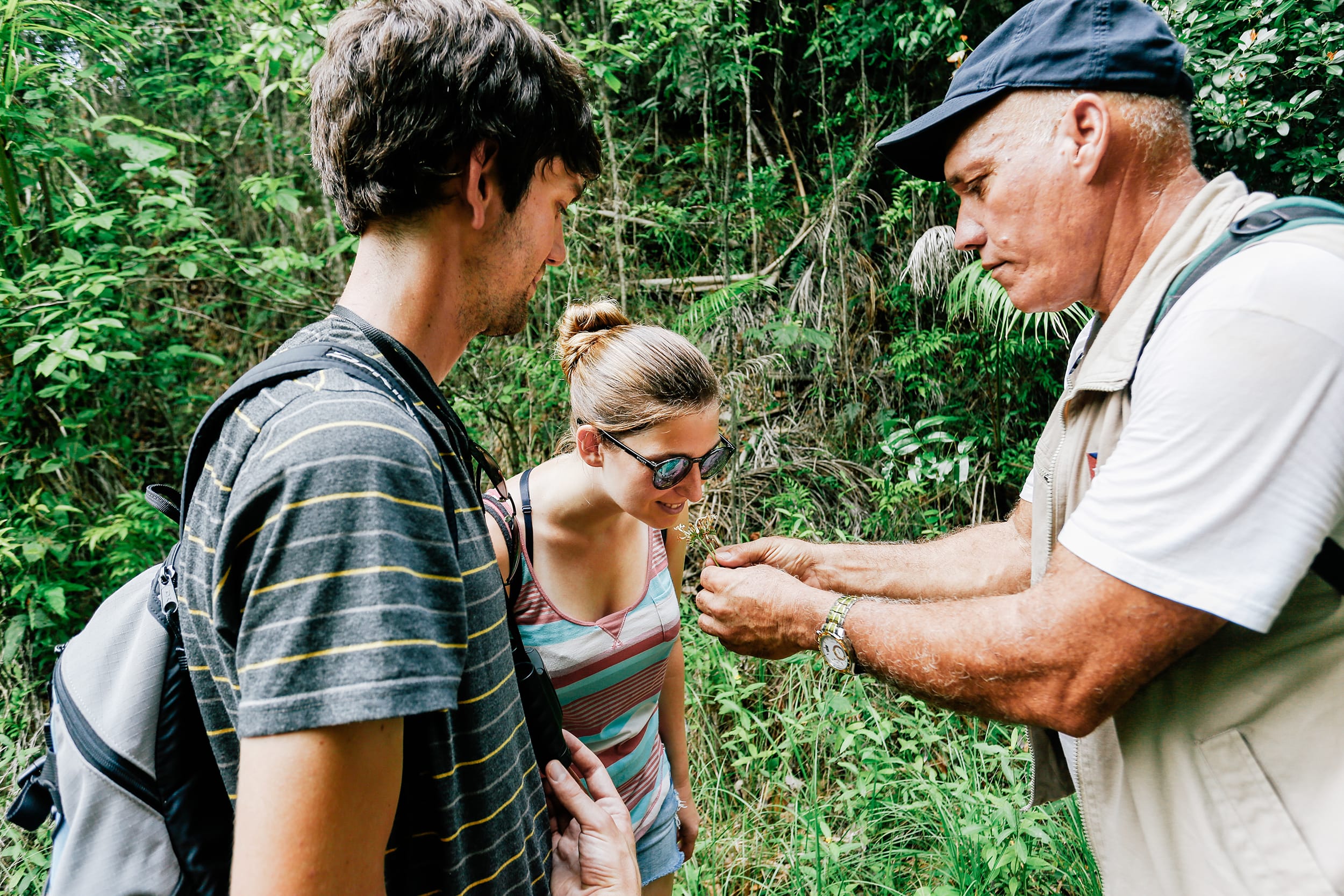Earlier this week Airbnb launched the Office of Healthy Tourism, an initiative to drive local, authentic and sustainable tourism in countries and cities across the globe. As part of our commitment to promoting healthy tourism, this Earth Day we are releasing data that demonstrates how the Airbnb community supports environmentally-friendly travel worldwide.
Since Airbnb’s founding in 2008, over 300 million guests have checked in at Airbnb listings around the world, and there are now nearly 5 million homes shared on our platform. From the beginning, home sharing has shown its potential as a more sustainable option for travel. 88 percent of Airbnb hosts around the world now incorporate green practices into hosting, such as using green cleaning products, providing recycling or composting, encouraging guests to use public transportation or providing bicycles, or installing solar panels. That includes over 88 percent of hosts in Europe (over 94 percent in the UK) and over 90 percent of hosts in North America.
Additionally, 66 percent of Airbnb guests surveyed from 2017 say the environmental benefits of home sharing were important in their choice to stay on Airbnb. At a time when travel and tourism account for 10 percent of the global economy and growing, Airbnb listings generate less waste, use less water, and drain less energy than traditional hotel accommodations.
88%
of Airbnb hosts incorporate green practices into hosting
66%
of Airbnb guests say the environmental benefits of home sharing were important in their accommodation choice
826K
number of homes equivalent to Airbnb’s energy savings in Europe in 2017
In 2014, Airbnb engaged Cleantech Group to conduct an analysis of how the environmental impact of stays at Airbnb listings compared to that of stays in hotels. The firm found that the environmental impact of stays at Airbnb properties is significantly lower than that of stays in traditional accommodations across the impact categories analyzed.
A 2018 analysis using the Cleantech model finds that when guests stay on Airbnb, significantly less energy and water are used, fewer greenhouse gases are emitted, and waste is reduced. By staying in Airbnb listings rather than hotels in 2017, Airbnb guests in Europe achieved energy savings equal to that of 826,000 homes and reduced water usage equal to 13,000 Olympic-sized swimming pools. Airbnb guest stays in North America resulted in lower greenhouse gas emissions equal to that of over 354,000 cars and waste reduction of 64,000 tons. (For methodology, please see the bottom of this post).
Airbnb also supports sustainable travel by providing eco-minded guests with a growing range of places to stay and things to do. Airbnb Experiences offer unique, authentic activities to local communities worldwide, and a growing number of Experiences focus on sustainable living and the environment, often in partnership with nonprofits. Guests can spend an afternoon in a jungle nursery with the Free Tree Society in Kuala Lumpur, kayak with penguins in Cape Town, tour an urban farm in Sydney, search for wild dolphins off the coast of Maui, explore the lush forests outside Havana, help restore coral reefs in Bali, or support the London Wildlife Trust at intimate concerts in London.

And Airbnb hosts offer a wide range of unique homes that give guests the opportunity to deeply immerse themselves in nature. Homes include this beautiful eco-lodge in rural Panama featured in architectural magazines, a British Columbia cottage hand-sculpted from natural materials, a traditional seaside earthen lodge in Japan, or a renovated cave home in Spain. Other listings offer a chance to connect with rustic architecture in a natural setting, including a restored trullo home in southern Italy, a solar-powered adobe dome in the Texas desert, or a “hobbit cottage” in the Costa Rican rainforest.
These types of unique listings have long been a hallmark of Airbnb’s popularity, especially with the growing numbers of eco-minded travelers. We analyzed the data to find which Airbnb destinations worldwide have the most eco-friendly unique listing types to offer travelers (earth houses, yurts, treehouses, tents, nature lodges, and cabins).

Top eco-friendly destinations by region:
Middle East and Africa
Zagora, MA
Phalaborwa, ZA
Nelspruit, ZA
Asia
Sigiriya, LK
Manali, IN
Ha Long, VN
Australia and New Zealand
Northland, NZ
Blue Mountains, AU
Coromandel, NZ
Europe
Nordsjaelland, DK
Vestsjaelland, DK
Lillehammer, NO
Latin America
Villarrica, CL
Punta del Diablo, UY
Castro, CL
Mazamitla, MX
Atibaia, BR
San Martin De Los Andes, AR
North America
Smoky Mountains, US
Big Bear Lake, US
Blue Ridge Mountains, US
Northern Wisconsin, US
Barry’s Bay, CA
Since Airbnb was founded 10 years ago, travelers have discovered new destinations and homes off the typical tourist path, creating a new wave of more eco-minded, sustainable travel. Through partnerships, programs and events, Airbnb will expand its efforts to build on this momentum and further support environmentally-friendly travel with the Office of Healthy Tourism.
Methodology
Data reported about the eco-conscious activities of our hosts (e.g., hosts who provide recycling, hosts who provide information on public transit, etc.) comes from Airbnb’s most recent annual Compact Survey, which was administered in early 2018.
To calculate the environmental impacts of traveling on Airbnb, we used a model provided by a 2014 Cleantech Group analysis and updated it with Airbnb travel data from 2017. A full explanation of methodology is available in our 2017 sustainability report, including more information about the Cleantech analysis and the conversions used for calculating impact.

